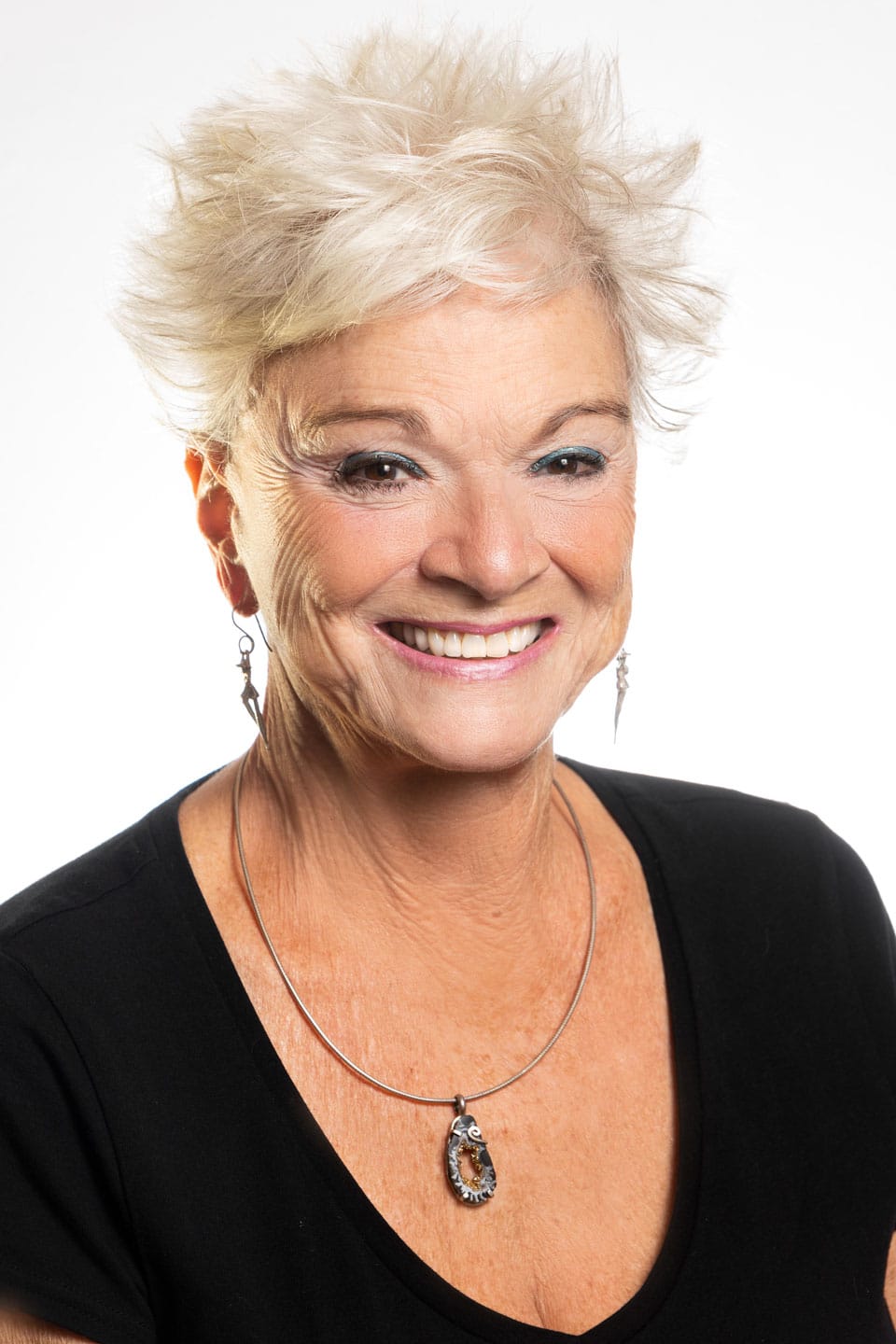5 Most Important Elements of Writing a Good Book for CEOs

If you want to write a book but don’t know how to go about getting started, you are not alone. Maybe the thought has crossed your mind during the pandemic that you have great business lessons to tell, or you want to write about your own personal experiences or maybe even a historical book that takes research. Whatever genre you decide you want to write, there is a lot to think about prior to putting pen to paper.
A common misconception among many CEOs and executives is that if you write a book, it needs to be a bestseller to be successful. But self-published books can be just as effective at growing your business and your brand — and increasingly so, as more and more resources for authors become available. A book can sustain your business during a pandemic, leading to new clients, new strategic partnerships and acquisitions.
So where do you go to get started if you are a CEO who wants to write a book?
Find your passion: Injustice has always infuriated me. So, when I first started researching my book Never Again! I thought it would make an excellent play. However, after two years and 75 drafts, I discovered I am not a playwright. Friends and family encouraged me to start with writing a book since as a communications professional for 40 years, I had been writing prose all my career. If your passion is writing nonfiction, then you will want to go that route. If you like telling your own story, you may want to write an autobiography; or you may decide – as I did – to write historical fiction. Historical fiction will take as much research as a history book – but annotations are not as strict, AND you can bring characters to life with dialog and personal details which may not be historically accurate. However, I assume that most CEOs would prefer a non-fictional approach to whatever you want to write.
Read voraciously. Writers are shaped by other writers: Good writing is good story telling. Language full of action and emotion to hook your audience so they want to keep turning the page. The story line needs to move your reader. Spend some time reading books from other authors in the same genre you want to write. Reviewing the techniques that have been done before will spur ideas of your own. And you will want to notice and think about how your book will add value to the audience.
Dedicate time to write: A book has more intrinsic value than a white paper, memo or business plan. It gives life to ideas, and makes one think in a narrative-like, linear way. This kind of big-picture thought process is important, not just for effective thought leadership but for effective communication. Writing a good book also takes time and effort. As a CEO your day is spent with clients, overseeing employees and the day can get away from you. You may spend all your time researching for your book, that you forget writing is a big step and takes time. It depends how quick you write. But writing, revising and rewriting will take a solid half year to a year and sometimes more dedicating a few hours a day to writing. Either way, set a time limit for completing your book.
Research: If you are writing a book that takes research, these days there are a lot of avenues for getting the information. Whether it is the Library of Congress, interviewing people in daily life, online research, magazines and other books, you need to have pages of bibliography if citing events. Make sure you keep good notes, so that later your editor does not come back and have you start from square one.
Marketing, marketing, marketing: Whether you are working with a traditional publisher or going the self-publishing route, one thing remains the same: You need to market your book. Most published authors, especially first-time writers, may not have access to a full suite of marketing. Chances are, you are working with a smaller publisher that has an even smaller marketing budget and won’t be able to afford to promote your book like you hope in dream. Your publisher can be an enormous help or an enormous hindrance. You want to make sure your publisher and public relations agencies have experience with launching books – check out their background just like you would any important hire. Also try to ensure that you get as many book reviews as possible. The more reviews you get, the higher the book’s visibility. If your book is available on Amazon, get people to write a reviews – this also will boost book sales. And, you can’t get your story out there if the book doesn’t sell.
Get early feedback: Nothing is worse than writing a book and then having to rewrite it, because you didn’t let anyone look at it. Have a few trusted advisers to help you discern what’s worth writing and ways to approach your subject. These can be friends, editors, family. Just try to find someone who will give you honest feedback early on to make sure you are headed in the right direction.
Writing a book because you think you will get rich from a book is the wrong reason to write. While writing can become a solid passive income, nobody strikes it rich right off the bat. The most effective books help people, inspire people or teach them a lesson. For instance, you may want to think about donating your proceeds to a non-profit charity, a museum or even someone you are trying to help.
Every year, millions of books do not get completed. Books that could help people or bring new perspectives into the world may never be published – or completed. Book writing can be intimidating and exhausting – especially if you feel you can not translate words to paper. You may feel like quitting. If you want to write a book, start with this premise: “tkGiving up is NOT an option.” If you have a story to tell, you need to tell it.
Writing books can change your life. It can help clarify your thinking, find your calling as an author, and can provide endless opportunities to make an impact on the world and you feel a purpose. After all they say, the only thing you leave behind is your written word.
Written by Susan E. Atkins.
Have you read?
Best CEOs In The World, 2022.
Global Passport Ranking, 2022.
Top Residence by Investment Programs, 2022.
World’s Richest People (Top Billionaires, 2022).
Economy Rankings: Largest countries by GDP, 2022.
Countries and territories with the largest population, 2022.
Top Citizenship and Residency by Investment Programs, 2022.
Add CEOWORLD magazine to your Google News feed.
Follow CEOWORLD magazine headlines on: Google News, LinkedIn, Twitter, and Facebook.
Copyright 2024 The CEOWORLD magazine. All rights reserved. This material (and any extract from it) must not be copied, redistributed or placed on any website, without CEOWORLD magazine' prior written consent. For media queries, please contact: info@ceoworld.biz








